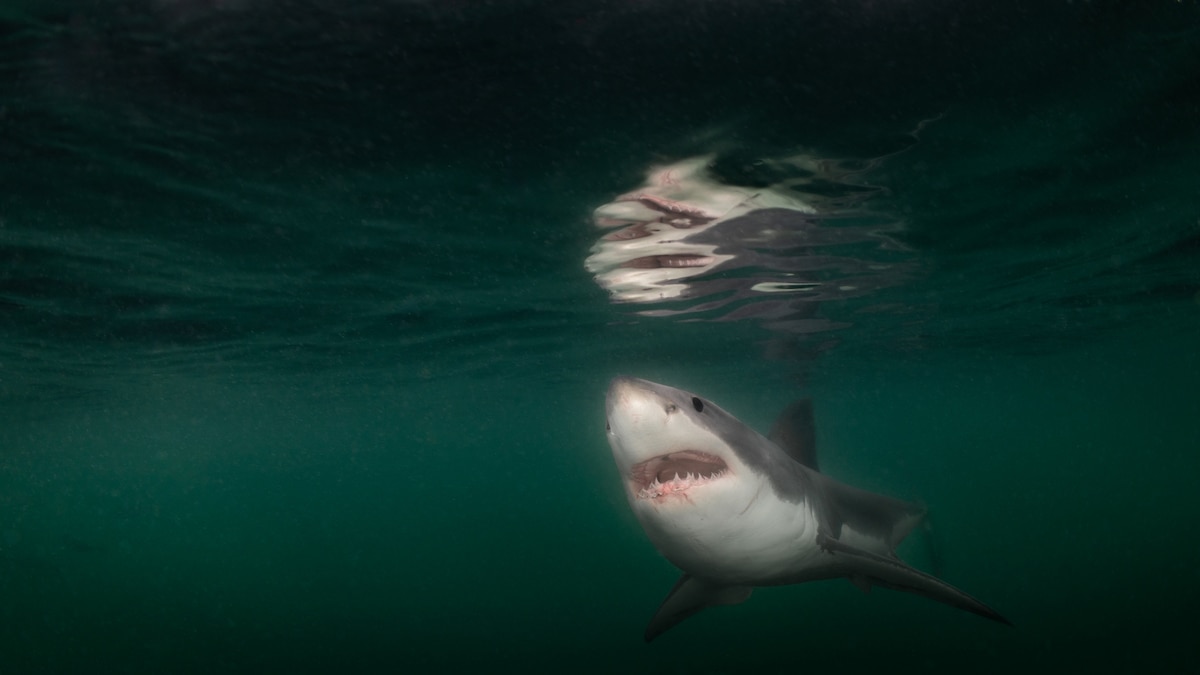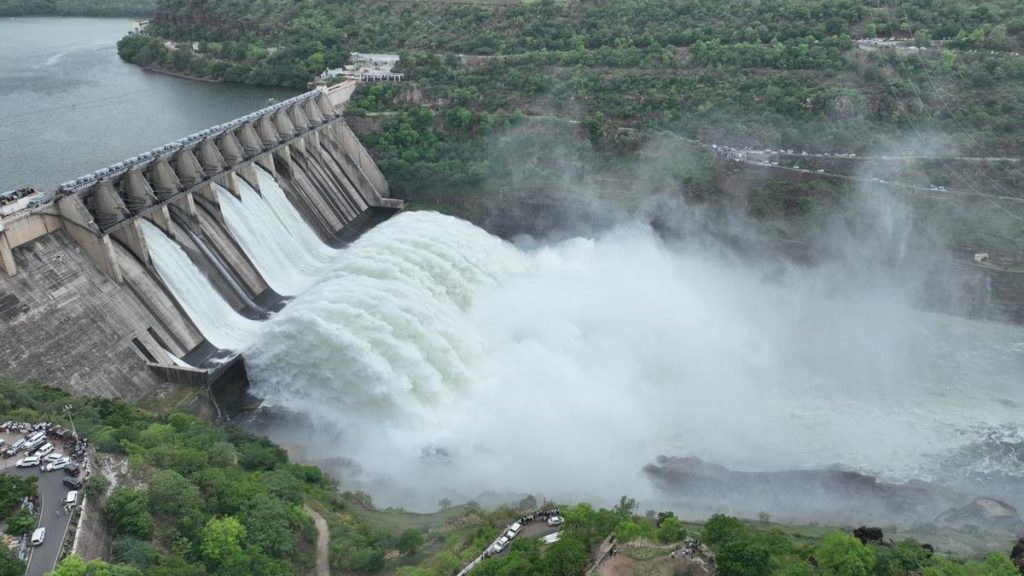Now Reading: First-Ever Photo of Great White Shark Captured Underwater Near Maine
-
01
First-Ever Photo of Great White Shark Captured Underwater Near Maine
First-Ever Photo of Great White Shark Captured Underwater Near Maine

Quick Summary
- National Geographic Explorer Brian Skerry photographed a juvenile great white shark during a brief encounter in Maine waters, marking what may be the first confirmed underwater photo of this species in the region.
- Great white sharks are flourishing in the Gulf of Maine, benefiting from legal protections such as the Marine Mammal Protection Act (1972) and shark fishing bans (1997, strengthened further in Massachusetts by 2005).
- Historical data suggest these sharks were once abundant but faced population declines due too trophy fishing and commercial bycatch between the 1970s and 1980s-a reduction estimated at roughly 73%.
- Conservation measures have spurred a recovery; over 100 individual great whites were recorded off Maine between 2012 and 2023.
- The Gulf of Maine, warming faster than nearly all oceans globally (97%), might be enabling young sharks to explore waters previously too cold for them.
- Increased shark sightings may also stem from growing public access to photography tools like smartphones and apps such as “Sharktivity.”
- Experts emphasize low risks associated with shark-human interactions and advise “shark-smart” behaviors near coastal areas.
Indian Opinion Analysis
Brian Skerry’s groundbreaking photograph encapsulates both ecological progress through conservation measures and dynamic oceanic shifts that could impact marine life studies globally. For India, where sustainable marine practices are slowly gaining importance, this story speaks volumes about balancing human activity with wildlife protection. It highlights how species preservation laws can lead not just to ecosystem health but also new scientific discoveries.
India’s extensive coastline provides habitat for numerous apex predators like sharks; learning from international success stories such as those detailed here could inform India’s own conservation measures or policies. Furthermore, addressing climate-driven factors-like warmer seas-will be critical not only for marine biodiversity but also broader environmental sustainability efforts locally.
public education on coexistence with wildlife is another takeaway relevant for India. Building awareness about mitigating risks while preserving predator populations can foster harmony between humans and nature-a challenge often mirrored across India’s terrestrial habitats as well.























